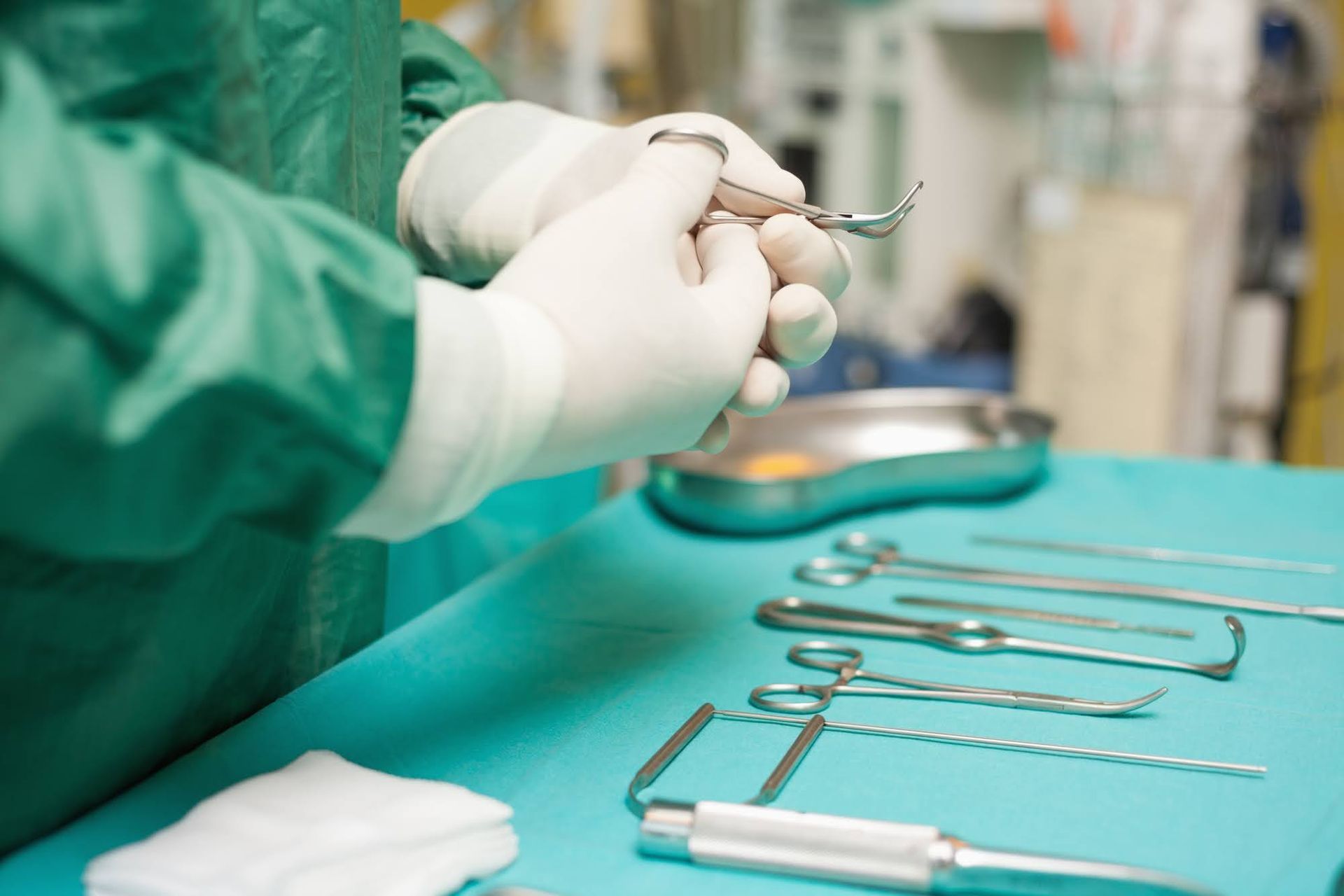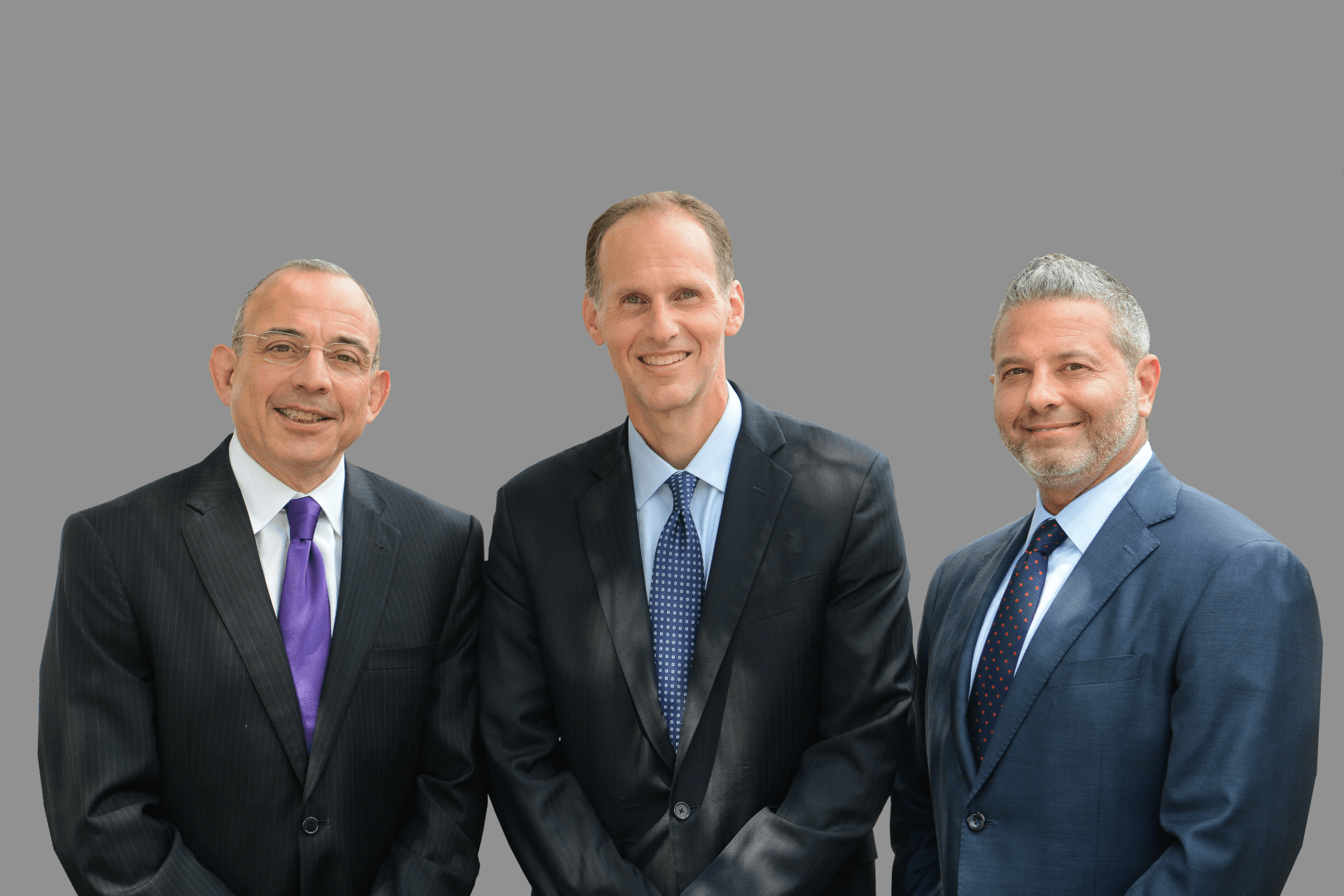Surgical Errors: What You Should Know
Surgery is often seen as a life-saving or transformative solution, offering hope and relief to individuals facing various medical conditions. The experience and knowledge of surgeons and medical professionals ensure you receive the best possible care and outcomes.
However, as with any complex medical intervention, there is always a degree of risk involved. In rare instances, surgical errors can occur, leading to devastating consequences for patients and their families. Explore the topic of surgical errors and get valuable insights into what you should know about this critical issue.
Overview of Surgical Errors
Surgical errors occur when a surgeon jeopardizes a patient's safety due to their failure to provide adequate care. Thus, a patient can experience an unexpected injury, illness, or condition after surgery that they did not consent to because the surgeon did not adhere to the necessary safety measures and protocols.
Surgical errors could be anything from a botched anesthetic to organ damage to patient injury due to improper surgical technique. When a patient shows symptoms, doctors sometimes miss the diagnosis or don't apply the appropriate treatment.
Causes of Surgical Errors
Surgical mistakes happen when the medical team doesn't take the right steps to keep the patient safe. Fatigue, incapacity, poor communication, inappropriate work method, substance abuse, and negligence are the most frequent reasons for surgical mistakes.
The surgeon's cognitive state and ability to successfully perform the procedure are negatively affected by fatigue, making fatigue a major contributor to surgical mishaps.
Another key contributor to surgical mistakes is surgeon incompetence. A surgeon may not have the essential abilities to conduct a procedure successfully if they have never done it before or are unfamiliar with it.
Miscommunication occurs when the surgeon and the operating room crew fail to communicate effectively during preoperative planning and the procedure itself. Some examples of unintended effects include administering the incorrect dosage of medication, marking the wrong surgical site, or using the incorrect equipment during a surgical procedure.
Surgical mistakes also result from a lack of correct procedures being followed. Before beginning a surgical treatment, doctors should study the patient's medical records to prepare for any unforeseen difficulties.
Substance use also increases the risk of surgical mistakes. Instances of surgeons who arrive to the operating room under the influence of alcohol or illicit substances are rare, but this can happen. It can lead to potentially fatal mistakes even if the surgeon doesn't think it will impair their performance.
One last potential problem is accidental disregard. Even though the surgeon is well-trained and experienced, accidents can still happen. For example, the surgeon might create a risk of infection if they do not properly disinfect the instruments or if they use devices with a history of malfunctions.
Types of Surgical Errors
Anesthetic errors occur when the patient receives either too little or too much anesthesia, which can have devastating consequences.
Meanwhile, incision errors involve creating incisions in the wrong place, which can cause internal bleeding, serious consequences, and the need for more surgery to fix the issue.
Wrongful amputations happen when a surgeon removes the wrong limb or cuts off a limb when unnecessary.
Surgical errors can happen when the wrong patient or body part is operated on or when foreign objects are left inside the body. These can lead to abscesses, infections, and organ damage and require additional treatment, such as antibiotic therapy.
Finally, nerve damage can happen as an unintended consequence of surgery or as a direct result of carelessness on the part of the surgeon. Risks of nerve damage include pain, reduced motor function and feeling, numbness or tingling, paralysis, and convulsions.
Conditions to Claim Medical Malpractice
To prove surgical malpractice, patients must establish that their physician deviated from the generally accepted standards of care for the treatment at hand and that the surgeon's negligence directly resulted in injury.
Contact us at Neimark Coffinas & Lapp, LLP, if you need legal assistance for a medical malpractice claim or suit due to surgical errors in New York.









